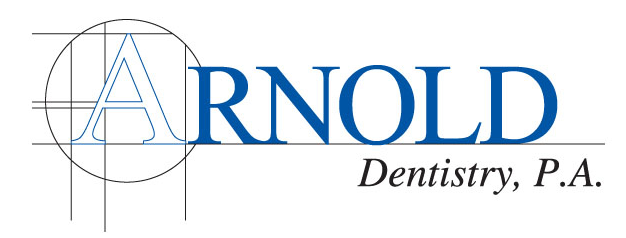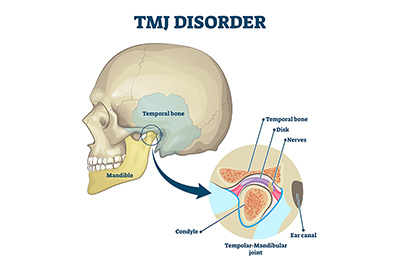How Does Stress Cause Dental Problems?
Thu, Nov 4th, 2021
It's no secret that stress can have a negative impact on your health. It has been proven to exacerbate pain, cause depression and anxiety, and even lead to heart disease. But did you know that it could also cause dental problems?
Bruxism is the medical term for teeth grinding or clenching of the jaw muscles. This condition is usually caused by stress, but can also result from an abnormal bite, sleep disorders or missing or crooked teeth. With so many people suffering from bruxism-related dental issues in recent years, dentists are becoming more aware of how prevalent this issue really is.
Bruxists (people who grind their teeth) don’t even realize they do this; their jaws clench together at night when they sleep which strains the muscles and wears down teeth over time. This type of behavior has been linked to higher levels of anxiety.
The American Dental Association (in a report from September 2020) found that out of dentists surveyed, more than half saw an increase in their patient's dental conditions that were associated with stress.
Clenching or grinding your teeth can lead to cracked teeth over time and may even cause pain in the jaw area and exacerbate Temporomandibular Joint Dysfunction (TMJ). If you have TMJ disorder, it is important to see a dentist for treatment so that your mouth can heal completely and any damage caused by grinding doesn’t become worse over time.
People who suffer from temporomandibular joint problems may have pain, tenderness or stiffness of the muscles involved when they move their jaws—opening and closing their mouth, chewing or talking.
Some people experience a popping or clicking noise when opening and closing their mouths which is usually related to inflammation of one of the small joints that connect upper teeth with lower teeth (the temporomandibular joint). If you are experiencing any combination of these signs then you should seek out help for possible diagnosis as well as treatment options.
What is a Dental Migraine?
A migraine is a severe headache that can be preceded or accompanied with sensory warning symptoms, such as flashes of light, blind spots, tingling in the arms and legs, nausea and vomiting. Some people also get aura symptoms with their migraines.
Dental migraines can also be caused by TMJ. There are a number of other disorders and dysfunctions that can cause painful dental migraines. The most common of which are the grinding of teeth and the unnecessary, consistent clenching of the jaw; both of which occur on a subconscious level.
For example, when an individual is under a lot of stress or suffers from high anxiety levels it is not uncommon for teeth grinding to occur, especially at night. Jaw clenching is also a typical physical manifestation of anxiety, stress or other strong emotions. Both jaw clenching and teeth grinding generates muscular trauma between the jaw bones that can result in severe pain and debilitating dental migraines.
How Can Dr Arnold Help with Dental Migraine Headaches?
Fortunately, if your dentist determines that the cause of your headaches is in fact the result of jaw clenching or teeth grinding there are solutions. Your dentist can fit you with an occlusal splint (for use during the day) and/or a mouth guard (to be worn at night). Both occlusal splints and mouth guards are constructed of hard or soft plastic that is custom-molded to fit your teeth. When worn properly, these dental appliances can prevent teeth grinding and clenching of the jaw.
Occlusal splints and mouth guards are also frequently utilized in the treatment of TMJ Dysfunction (a.k.a. TMD) as they can help to correct a misaligned bite. Following a thorough dental assessment, your dentist may also recommend that particular teeth be filed down, crowns be re-fitted or teeth extracted, in an effort to treat the underlying issue of an improper or misaligned bite.
Keep in mind, every case is different. It is best to make an appointment with Dr. Arnold for a comprehensive TMD evaluation, so he can help diagnose the root of your pain and offer solutions to assist in eliminating it. Call to make an appointment today! (813) 689-1529






